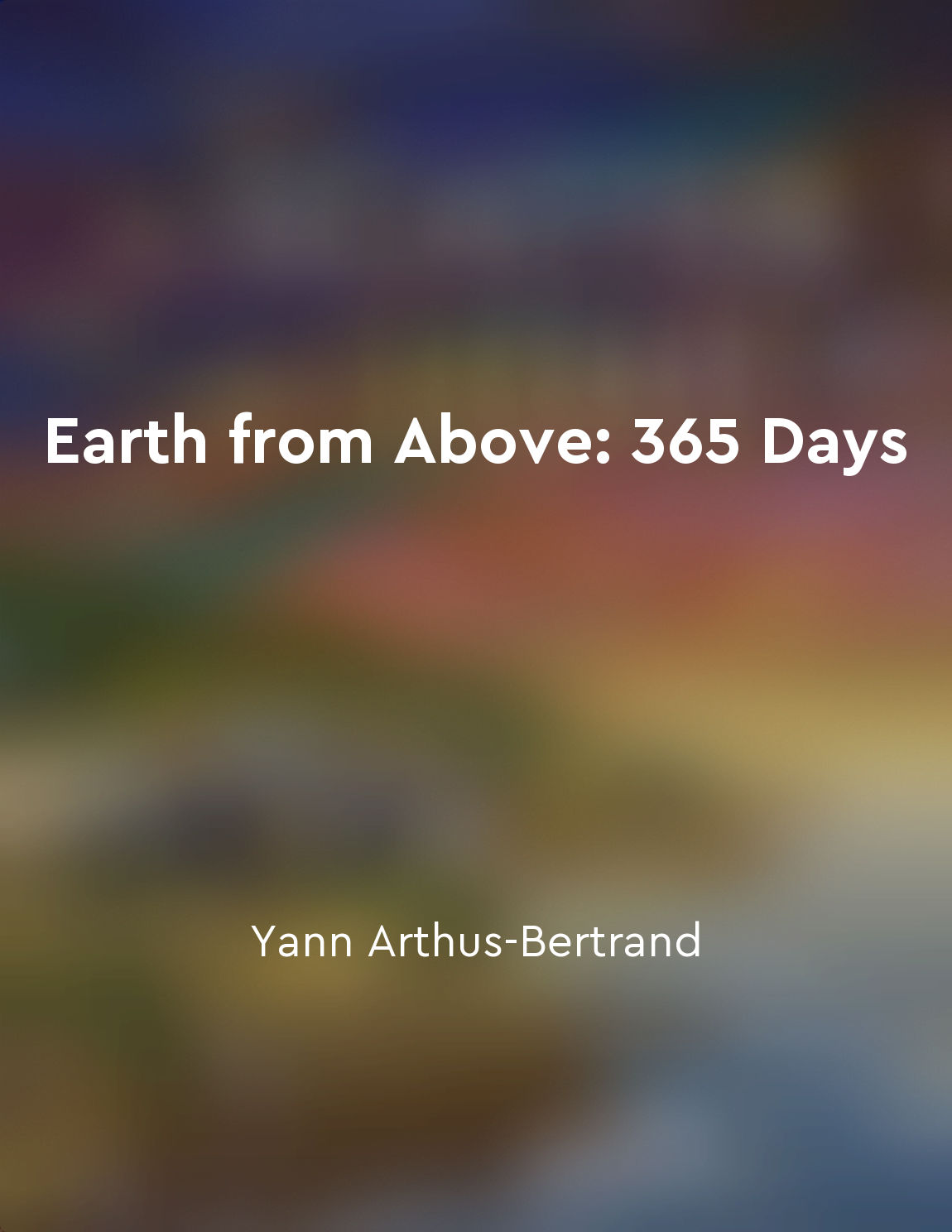Indigenous peoples hold important knowledge on sustainability from "summary" of This Changes Everything by Naomi Klein
Indigenous peoples hold important knowledge on sustainability that is crucial in the fight against climate change. This knowledge is grounded in a deep understanding of the interconnectedness of all living things and the need to live in harmony with nature. Indigenous communities have long practiced sustainable ways of living, relying on traditional knowledge passed down through generations. Their knowledge encompasses a wide range of practices, from sustainable agriculture to natural resource management. For example, many Indigenous communities have developed sophisticated systems for water management, ensuring that water sources remain clean and abundant for future generations. They also have a deep understanding of the land and the importance of preserving biodiversity. In contrast, Western societies have often disregarded this valuable knowledge in favor of exploitative and unsustainable practices. This has led to the degradation of the environment and the loss of biodiversity at an alarming rate. By learning from Indigenous peoples and incorporating their practices into our own, we can work towards a more sustainable future. Indigenous knowledge is not only important for its practical applications but also for its spiritual and cultural significance. It is deeply rooted in a respect for the earth and a recognition of our interconnectedness with all living beings. By embracing this perspective, we can begin to shift away from the destructive mindset that has led us to the brink of environmental catastrophe. In order to truly address the climate crisis, we must center Indigenous knowledge and leadership in our efforts. This means listening to and learning from Indigenous communities, supporting their rights to land and self-governance, and incorporating their sustainable practices into our own ways of living. Only by recognizing the value of Indigenous knowledge can we hope to create a more sustainable and equitable world for all.Similar Posts
Water scarcity worsens the impact of pollution
Water scarcity exacerbates the detrimental effects of pollution on water bodies. The scarcity of water means that there is less...

Inspiring hope for future generations
The images captured in these pages are not just beautiful photographs of our planet from above. They are a powerful reminder of...
Plants and animals are deserving of respect and honor
The idea that plants and animals are deserving of respect and honor is deeply rooted in indigenous wisdom, which recognizes the...
Conservation efforts are crucial for preserving Earth's biodiversity
Preserving Earth's biodiversity is a pressing concern for humanity. The intricate web of life on our planet is a product of bil...
The Earth's magnetic field protects life from harmful solar radiation
The Earth's magnetic field is like a protective shield that surrounds our planet, shielding us from the harmful solar radiation...
Rewilding as a solution
In today's world, rewilding has emerged as a promising solution to combat the environmental challenges we face. By allowing nat...
Seeking harmony and balance with the natural world
In our modern world, it is clear that we have lost touch with the natural world around us. We have become disconnected from the...
The importance of digital literacy will grow
In the coming years, the significance of digital literacy is poised to increase exponentially. As technology continues to advan...
Indigenous peoples hold important knowledge on sustainability
Indigenous peoples hold important knowledge on sustainability that is crucial in the fight against climate change. This knowled...
Indigenous knowledge benefits sustainability
Indigenous knowledge offers valuable insights and practices that can help us achieve sustainability in the Anthropocene. Throug...
